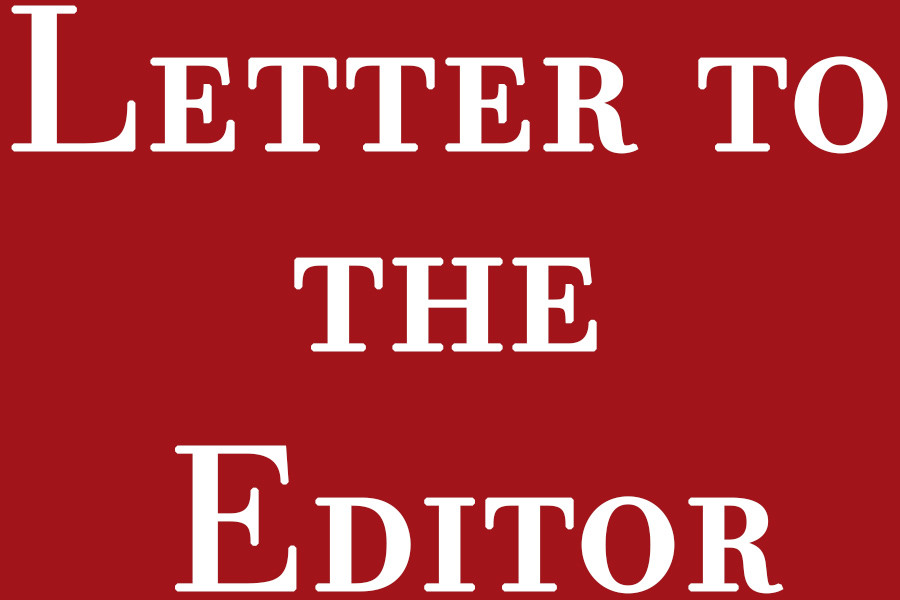Letter to the Editor: NYU Abu Dhabi
September 23, 2015
WSN declares that the travel ban preventing Andrew Ross from entering the United Arab Emirates proves that “the ideals of free inquiry” will “never be fully realized” at NYU Abu Dhabi. With the “academic integrity” of the university supposedly at stake, the editorial board calls on the university to suspend activities at the Abu Dhabi campus until the ban is revoked. It is tempting to respond with some questions. Are the ideals of free inquiry fully realized at any university? Would the WSN editorial board call on the administration to suspend activities at its New York campus were a recently hired professor (say, from Iran) denied entry into the United States for “security” reasons? I suspect that the answer to both questions is “No,” but perhaps consistency really is the hobgoblin of little minds. Let me therefore address the editorial’s account of academic freedom and its depiction of academic life here at NYUAD directly.
As various people both inside and outside NYUAD have frequently acknowledged, there is no guarantee of freedom of speech in the UAE. It is common knowledge that public political demonstrations are against the law. So, while NYUAD has seen various vigils, art installations, performances and town halls about labor and other controversial topics, there have not been any protests or demonstrations (at least that I know of). There is an active student newspaper (called The Gazelle, available online at http://www.thegazelle.org) that has covered a wide range of hot-button issues, including Professor Ross’ entry ban. And there are all sorts of opportunities for community engagement and for varieties of activism that do not involve agitating for political change. Yet it remains the case that other varieties of activism are off limits for NYUAD faculty and students, including the sort of activism Professor Ross practices and advocates.
Whether this entails that NYUAD does not enjoy the promised (and advertised) academic freedom depends on how one understands that freedom. Many people (Professor Ross among them) subscribe to a very broad notion of academic freedom — one according to which professors must be free to be politically engaged public intellectuals. On this understanding of academic freedom, activism and academic research cannot be distinguished. If this is how you conceptualize it, then it will look to you as though NYUAD does not enjoy real academic freedom.
There is, however, another conception of academic freedom — one that hews more closely to the American Association of University Professors’ 1940 Statement of Principles on Academic Freedom and Tenure — according to which it essentially involves freedom for professors in their research and in the classroom. As my colleagues on the standing faculty and various visitors have repeatedly testified, those freedoms have been not been abridged in any way at NYUAD. Simply put: nobody tells us what to teach in our classrooms, and we teach all of the usual controversial topics, whether it’s arguments against the existence of God or in favor of freedom of speech in a philosophy class, the novels of Salman Rushdie in a literature class, “Angels in America” in a theater class or the economics and politics of migrant labor in a social science class. And nobody tells us what we can and cannot research, discuss in conferences, workshops and public talks, perform in our various performance spaces and publish in scholarly venues.
I have a great deal of respect for activist professors and for the conception of academic freedom that protects them. But I believe that this is not the only conception of academic freedom that is consistent with a robust liberal arts college and an outstanding research university. The thriving academic community at NYUAD and the genuinely liberal liberal arts education we provide to our students are a testament to that: everyone who has spent time in our classrooms or taken part in the scholarly activities and gatherings we host knows that the essential business of a university is carried out here on a daily basis.
All of that said, I recognize that this is an issue about which reasonable people can disagree; there are no obvious or a priori answers to the question of whether a fundamentally liberal institution can thrive in a country that is, in many respects, illiberal. We are in the process of testing that question: NYUAD is an experiment. So far, I think it’s clear that the results are positive, but obviously time will tell.
I am deeply committed to the ideals of a liberal university. If I thought that those ideals were being compromised at NYUAD, I would leave. I certainly would not defend the university as zealously as I do. I have been here since the beginning — I was the very first member of the NYUAD standing faculty to be hired — and so I have seen firsthand everything we have accomplished (as well as everything we have failed to accomplish). Our success as a liberal institution is far from assured, but I see plenty of reason to hope.

























































































































































